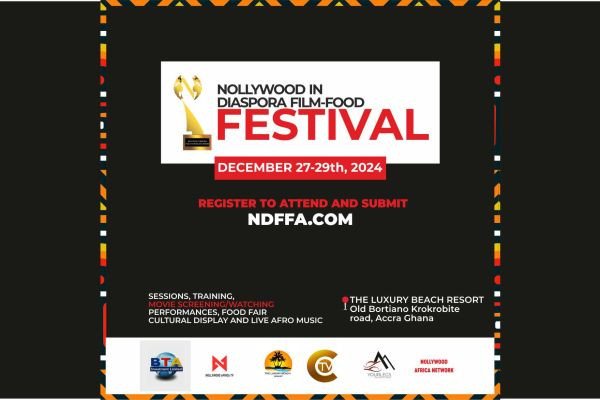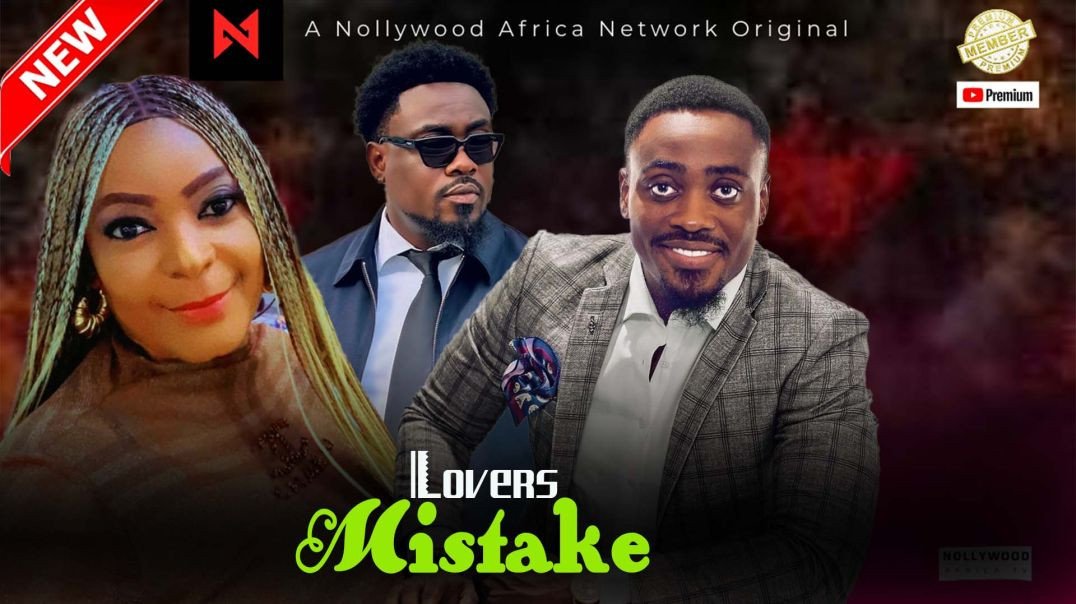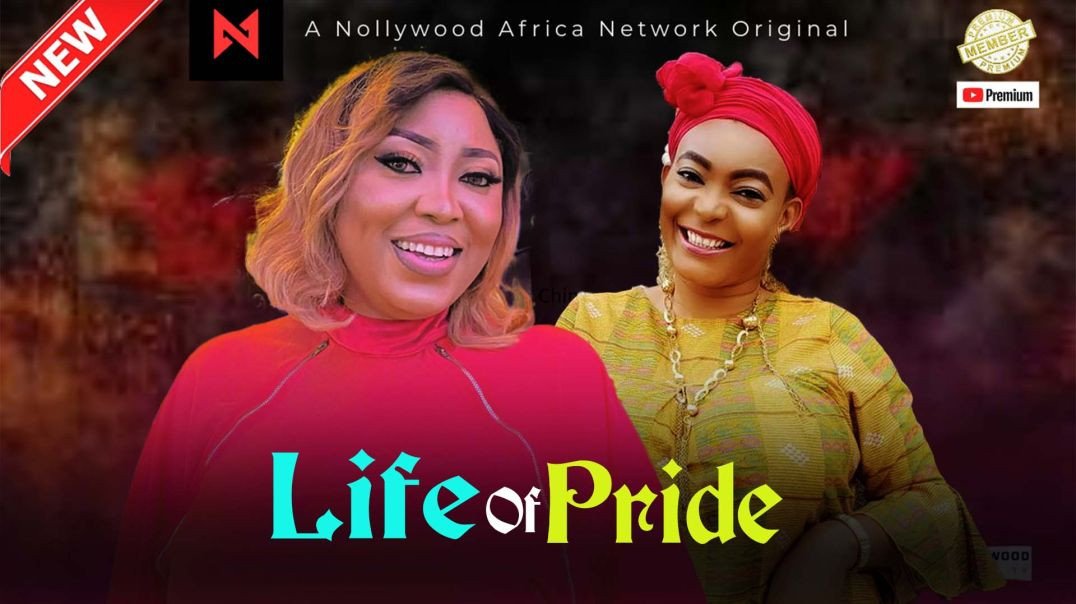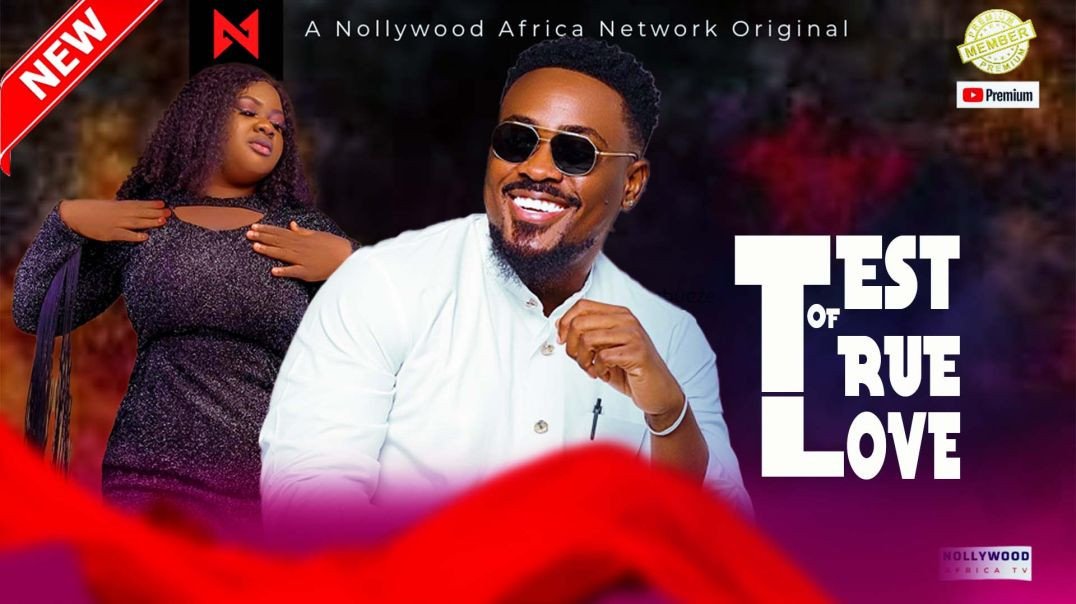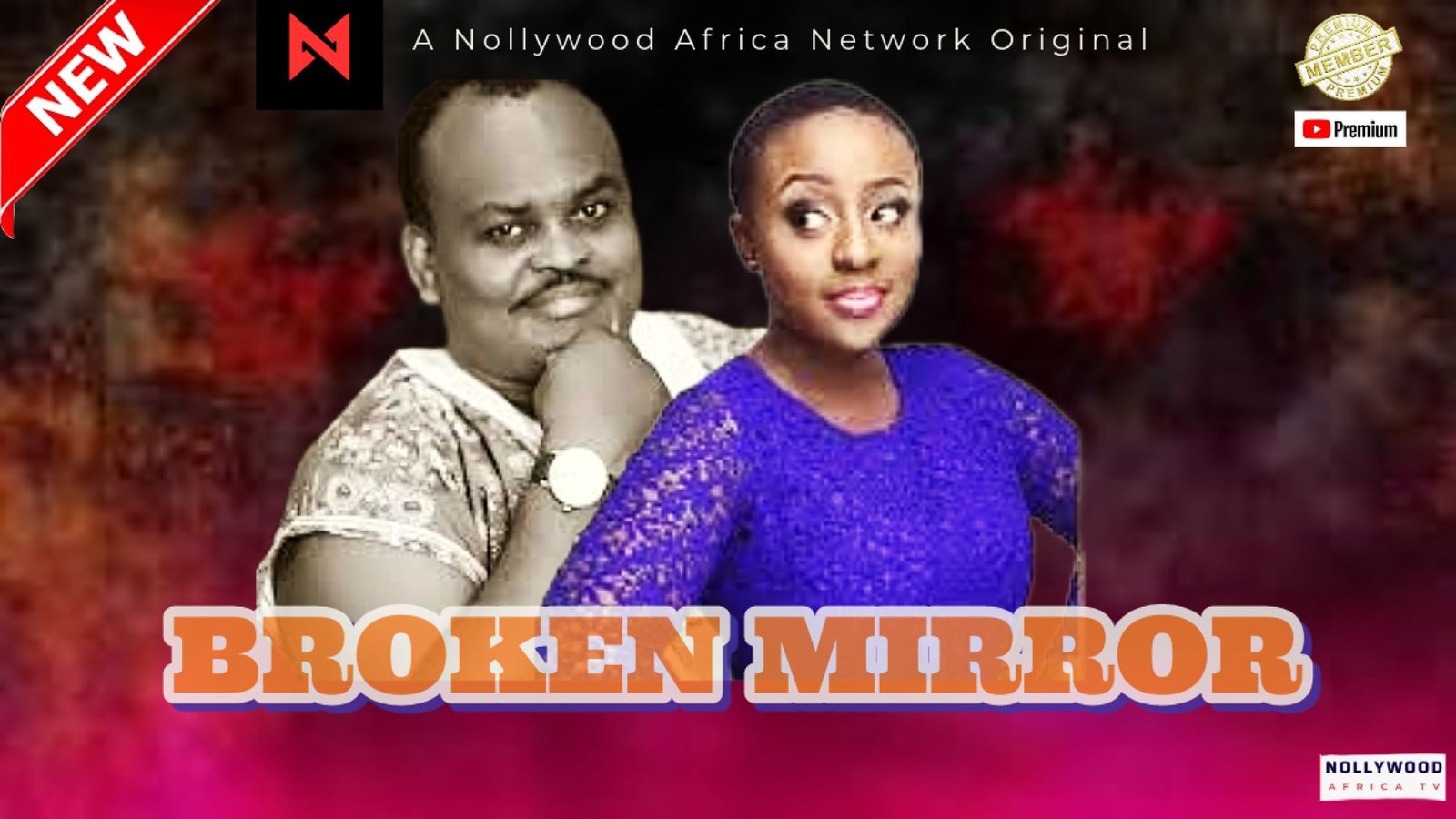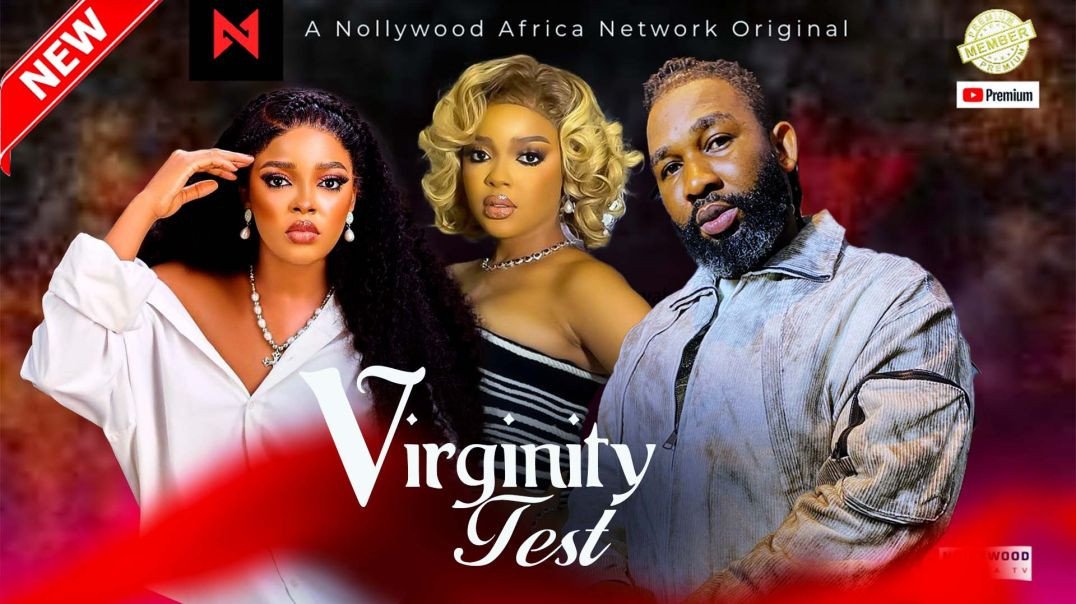Within just 24 hours of opening submissions, the festival received entries from over 20 countries, highlighting the eagerness of filmmakers globally to participate. Surprisingly, though, there’s a notable absence of submissions from Ghana itself, the host country, leading to pointed questions and reflections within the Ghanaian film industry.
For a festival hosted on home soil, one might expect a strong showing of Ghanaian talent. Instead, the initial silence has some observers questioning whether local filmmakers misunderstood the festival’s intent, perceiving it as a Nollywood-only affair rather than an opportunity for broader African and diaspora representation. “When the lion roars, it doesn’t mean the leopard cannot join,” goes an old proverb that aptly captures the sentiment here: this festival celebrates African storytelling in all its forms, not solely Nollywood’s.
Some voices within the industry suggest that Ghanaian filmmakers might have underestimated the festival’s significance or overlooked it as an opportunity to showcase their work alongside Nollywood giants on an international platform. With Nollywood’s extensive global reach, some local filmmakers may feel overshadowed, perhaps presuming that their unique stories may not garner the same attention. However, the absence of Ghanaian entries overlooks a golden opportunity to shine on a stage designed for a global audience with an appetite for diverse African narratives.
Mr. Destiny Austine Omon, the festival’s lead organizer, expressed hope that more Ghanaian filmmakers would see this as an invitation rather than an exclusion. “The festival may bear the Nollywood name, but it’s an open celebration of African storytelling, and that includes Ghana’s powerful voice in cinema,” he noted. “The stage is set here in Accra, a city rich with culture, and there’s space for Ghanaian films to represent that.”
The lack of immediate Ghanaian entries raises bigger questions about the connectivity and inclusivity of West African film industries. Despite Nollywood’s considerable success, Ghana’s film industry is far from silent, with many talented creatives working to make their mark on both local and international stages. Yet there’s often a perception gap that places Nollywood in the spotlight, leaving Ghanaian cinema in its shadow. Addressing this imbalance would not only enrich Ghana’s presence in festivals like this but also bring greater recognition to the broader spectrum of West African storytelling.
As submissions remain open, there’s hope that Ghanaian filmmakers will reconsider and step forward. After all, the Nollywood in Diaspora Film-Food Festival is more than a showcase; it’s a chance to amplify African voices in unison. Ghana’s own filmmakers have a unique place in this celebration and a once-in-a-lifetime opportunity to remind the world that African cinema is as diverse as it is powerful, encompassing voices far beyond Nollywood alone.
